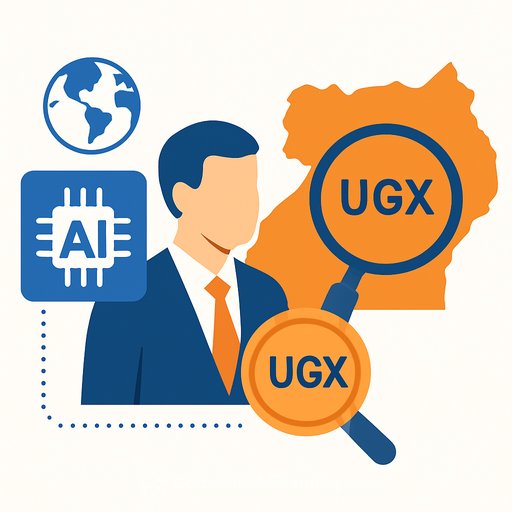Albania Appoints AI "Minister" to Oversee Public Tenders: Practical Takeaways for Government Leaders
Albanian Prime Minister Edi Rama has introduced "Diella," a virtual cabinet member created with artificial intelligence to supervise public tenders. "Diella is the first (government) member who is not physically present, but virtually created by artificial intelligence," he said. Rama claims the system will be "100-percent corruption-free" and make every tender "perfectly transparent."
Diella is not a human official. It is an AI-powered assistant launched in January that already helps citizens navigate the e-Albania platform for documents and services. According to official data, the platform has issued 36,600 digital documents and offers nearly 1,000 services.
Rama, fresh from a fourth-term election win, will present his cabinet to parliament in the coming days. The move aligns with Albania's push to curb public-sector corruption as it pursues European Union membership by 2030. For context on the accession process, see the European Commission's page on Albania's candidacy here.
What this means for governments
- Procurement decisions can be standardized with machine-enforced rules, reducing subjective discretion.
- End-to-end audit trails become feasible: every input, rule, score, and outcome can be logged and published.
- Capacity scales without adding headcount, especially for high-volume, low-complexity tenders.
- Risk shifts from individual misconduct to system design quality-governance and oversight become the main levers.
How an AI "minister" for tenders could work
- Data intake: Pull tender notices, bidder submissions, and past performance records into a structured data model (e.g., Open Contracting Data Standard). See guidance from the Open Contracting Partnership here.
- Rule engine: Encode procurement laws, thresholds, eligibility criteria, scoring rubrics, and red-flag checks.
- Model layer: Use AI for anomaly detection (collusion signals, bid patterns), document consistency checks, and risk scoring.
- Decision layer: Produce ranked recommendations with explanations, then route to human approval for high-risk or high-value awards.
- Disclosure: Publish tender data, scoring rationales, and audit logs by default, subject to lawful confidentiality limits.
Governance and safeguards you'll need
- Legal fit: Confirm that automated decision support complies with procurement law and administrative procedure.
- Transparency: Public rulebooks, model documentation, and change logs; clear versions tied to each decision.
- Human oversight: Defined escalation thresholds, sign-off roles, and separation of duties.
- Fairness controls: Bias testing on supplier types, regions, and contract sizes; documented mitigation steps.
- Security: Strict access controls, vendor risk management, and protected channels for whistleblowing.
- Appeals: A formal path for suppliers to contest outcomes with timely, evidence-based reviews.
- Monitoring: Continuous post-award analytics to check delivery, cost overruns, and supplier performance.
Risks to watch
- Opaque rules create new avenues for manipulation; secrecy invites mistrust.
- Data quality gaps degrade recommendations and can exclude qualified suppliers.
- Over-automation without discretion can mis-handle edge cases.
- Vendor lock-in limits transparency and raises long-term costs.
Practical first steps for public-sector teams
- Start with a narrow pilot (e.g., low-value, high-volume categories) and publish the scope, rules, and metrics.
- Adopt open data standards and release machine-readable tender data by default.
- Establish an independent audit function for models, logs, and procurement outcomes.
- Train procurement staff, legal teams, and ethics officers on AI-assisted workflows and red flags.
- Co-design an appeals process with industry bodies to keep it fair and fast.
- Set measurable targets: cycle time, dispute rates, supplier diversity, cost savings, and integrity indicators.
Albania's move puts AI at the center of procurement integrity. Whether it meets the promise depends less on clever models and more on clear rules, open data, hard audits, and accountable human oversight.
Looking to upskill your team for AI-enabled procurement and audit readiness? Explore role-based training options here.
Your membership also unlocks:





